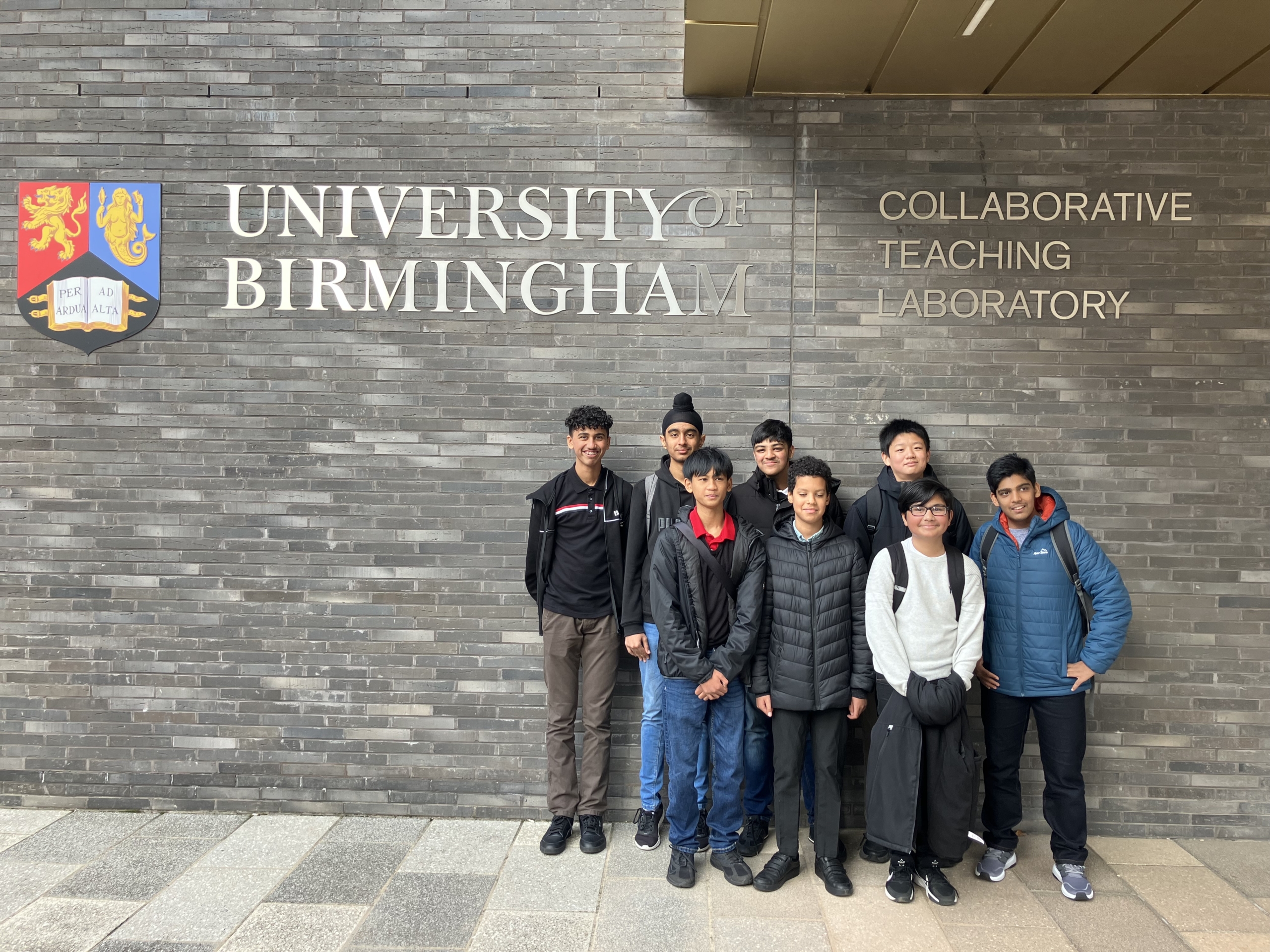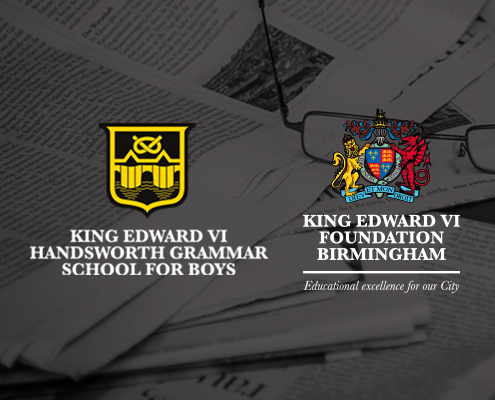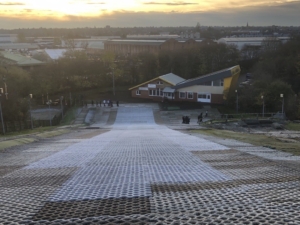GCHQ National Languages Competition
The 2024 GCHQ National Language Competition took place from Monday 18th November – Friday 22nd November and was open to all Year 9s. Over a quarter of the year group took part and competed against over 2000 other teams. This was a virtual competition where teams from around the UK competed against each other to solve language-based puzzles and to score points. The aim was to inspire language learning by encouraging students to discover their aptitude for learning languages. All pupils who took part should be very proud of their achievements during the week.
Mrs. Minhas
Taking part in the 2024 GCHQ National Language Competition was an extraordinary experience, and I would definitely recommend participation to anyone who is faced with the opportunity. The tasks were engaging and intellectually absorbing, we were motivated to think critically and cooperate in a team. Each puzzle developed new knowledge for us in unique topics and cultures, brought to us in a way that made us enjoy learning. The competition also created a sense of accomplishment, making it a memorable event. You don’t need to be a language enthusiast to enjoy this competition; it’s perfect for anyone looking to challenge themselves and have fun in the process. I genuinely believe this experience is enriching and immensely beneficial for anyone looking to challenge themselves in a supportive and motivating environment.
Mohammad Ibrahim 9W
I recently participated in the NLC GCHQ competition, and it turned out to be an exciting and challenging experience. I joined the competition as part of a group with my friends Nathan, Prakul, and Zaman. They reached out to me and asked if I’d like to join their team, and I was happy to say yes! The competition was a great way for us to work together, tackle problems, and learn new skills.
The tasks in the competition varied in difficulty. Some were relatively easy, allowing us to quickly get through them and rack up points. However, other tasks were much more difficult, and they required more time, effort, and collaboration to solve. One of the tasks we tackled together was the “Cross Through Your Plans” task, which required us to think critically and creatively. We decided to complete it as a group and used a Discord video call and chat to communicate while working through it. It was really fun to collaborate in real-time, sharing ideas and brainstorming solutions.
The challenge itself involved a series of puzzles and problem-solving activities, testing our ability to think on our feet and work under pressure. While some tasks were a bit tricky, we managed to keep a positive attitude and pushed through to complete them. The sense of accomplishment after finishing each task was rewarding, and it really helped build our teamwork.
Our group did really well throughout the competition, and I’m proud to say that we earned the most points as a group in our school. It was exciting to see how our collective efforts paid off. I took part in the competition because I wanted to push myself, challenge my problem-solving skills, and have some fun with my friends. The NLC competition was not only a chance to compete, but also to work as a team and enjoy the process together.
In the end, the experience was not just about winning points, but about learning how to collaborate and stay focused during a challenging event. It was a rewarding experience that I’ll always remember.
Sami Khan 9G
The NLC challenge began on the 18th of November. Some brave Year 9 students took on the challenge of forming teams to tackle fun but difficult tasks set by GCHQ, an intelligence agency. The competition lasted for about a week, running from Monday to Friday. Many of us found some of the challenges puzzling, but our desire to win kept us motivated. The key to our team’s success was teamwork, as we used our free time to participate in the competition. Although we did not place first among the 2,014 teams, we still enjoyed the fun and challenging tasks it offered.
Alvin Chan 9A



























